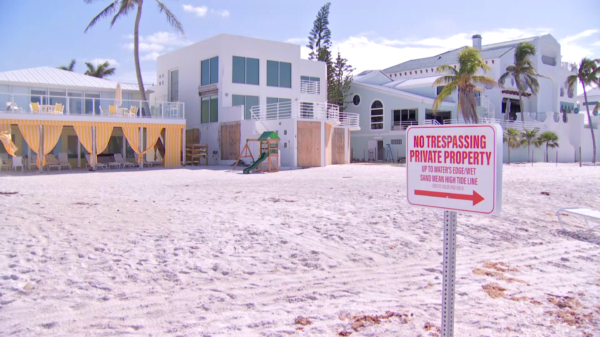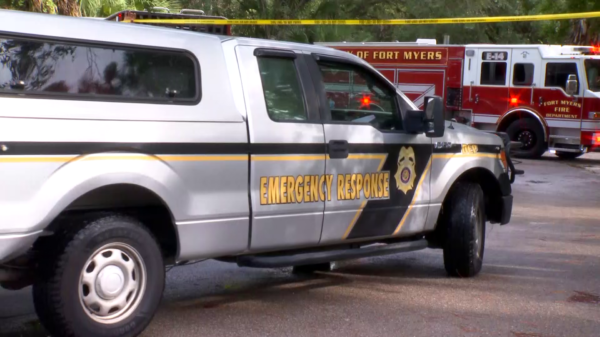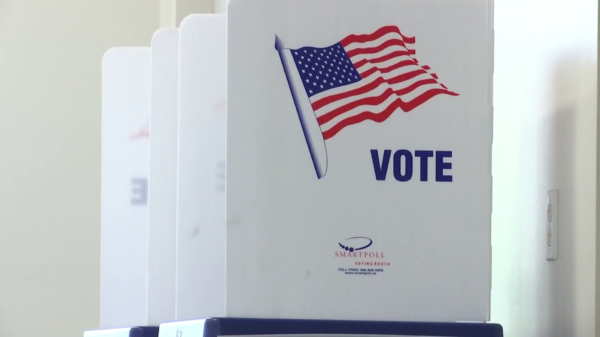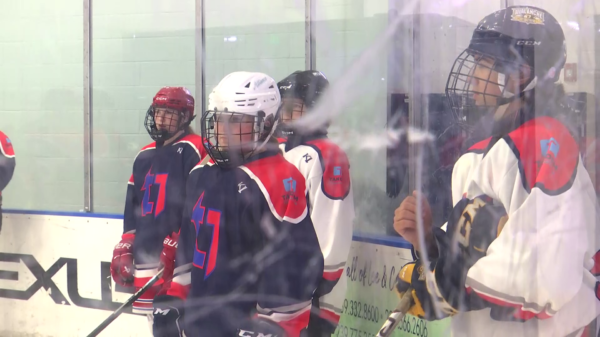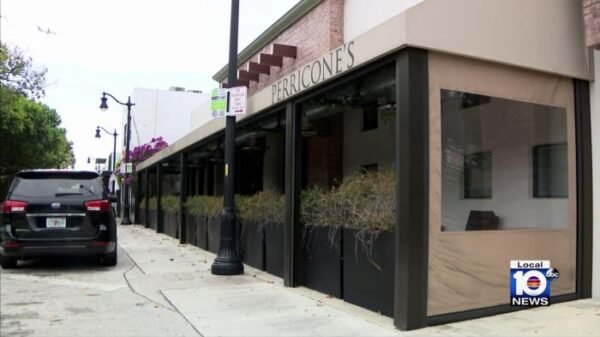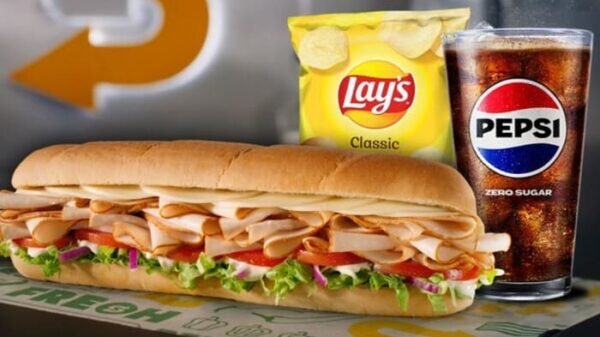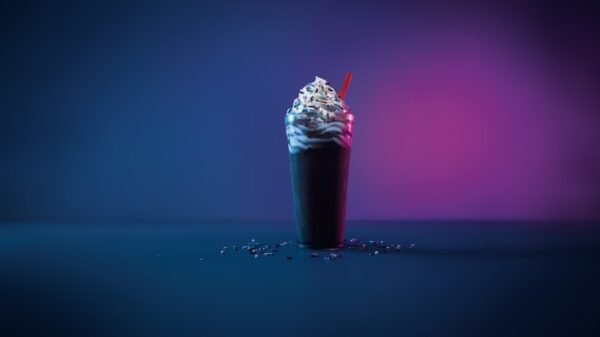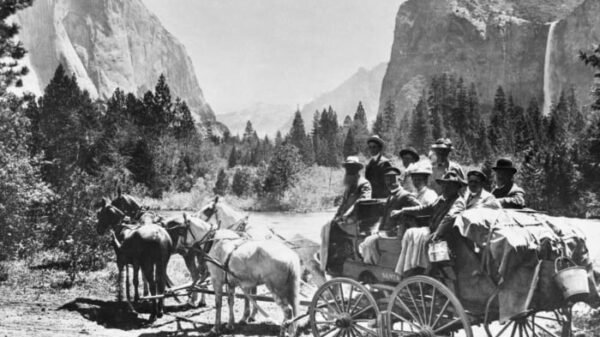Sorry, But Liquor Actually Does Expire
In a world where expiration dates seem to govern almost every consumable item on our shelves, it can be easy to overlook the notion that alcohol, too, has a shelf life. Many of us have that bottle of whiskey or vodka stashed away in our cabinets for months, maybe even years, without a second thought about its potential expiration. However, contrary to popular belief, liquor does indeed have a limited lifespan.
The Importance of Knowing Expiration Dates
Understanding the science behind expiration dates is crucial when it comes to alcohol. While these dates may not be as prominently displayed as they are on perishable food items, they hold significant value. Those who assume that liquor lasts forever may be subjecting themselves to an unpleasant experience.
Expiration dates serve as a guideline for consumers, helping them make informed decisions about the quality and safety of what they consume. They are determined based on several factors, including the type of alcohol, proof, and storage conditions.
Factors Affecting Liquor’s Shelf Life
A variety of factors contribute to the longevity of alcohol. First and foremost is the proof, which refers to the percentage of alcohol by volume. Higher proof spirits generally have a longer shelf life compared to lower proof ones. This is because alcohol acts as a natural preservative, inhibiting the growth of bacteria or other harmful organisms.
Storage conditions also play a pivotal role in determining how long liquor remains drinkable. Exposure to heat, light, and air can significantly accelerate the deterioration process. Heat, in particular, can cause alcohol to evaporate more quickly, altering its flavor and potency. Light, especially direct sunlight, can trigger a chemical reaction within the liquor, leading to changes in color and taste. Lastly, air exposure can introduce oxygen, which can oxidize the alcohol and cause degradation over time.
Liquor Types and Their Shelf Life
Not all types of liquors have the same expiration dates. The variations in ingredients, processing methods, and storage requirements result in different shelf lives for each type. Here are some common liquor types and their approximate expiration periods:
Vodka
Vodka, a popular choice among many, typically has an indefinite shelf life if stored properly. Its high alcohol content, usually ranging between 35% to 50% proof, helps keep it stable for extended periods. As long as it is stored away from light and heat, vodka can maintain its quality for years on end.
Whiskey
Whiskey, unlike vodka, undergoes a maturation process in barrels, which enhances its flavor and character. However, once a whiskey is bottled, the aging process ceases, and the clock starts ticking. While whiskey may not technically “expire,” its taste profile can deteriorate over time, especially if not stored correctly. Ideally, whiskey should be consumed within 1 to 2 years of opening the bottle.
Gin
Gin, a spirit primarily flavored with juniper berries and various botanicals, shares a similar shelf life to vodka. Its high alcohol content allows it to last indefinitely if stored in appropriate conditions. However, certain gins that contain fragile botanicals may lose their vibrant flavors over time.
Rum
Rum, derived from sugarcane or molasses, typically has an indefinite shelf life like vodka and gin. Due to its high alcohol content, rum remains stable for extended periods if stored correctly. However, some aged or premium rums may benefit from being consumed within a certain timeframe to fully appreciate their nuanced flavors.
How to Tell If Your Liquor Has Expired
While liquor may not spoil or become unsafe to drink, its quality can decline significantly as it ages. Here are a few telltale signs that your liquor may have expired:
Off smells or flavors: If your liquor has an unusual or unpleasant odor, or if it tastes off or flat, it may be an indication that it has expired.
Changes in appearance: Liquor that has darkened or developed sediment may have surpassed its prime.
Deterioration in packaging: Damaged or leaked bottles may have allowed air or light to affect the liquor, resulting in degradation.
Proper Storage Tips
To maximize the shelf life of your liquor, it is essential to store it correctly. Here are some tips to ensure your alcohol stays fresh:
Keep it cool: Store your liquor in a cool, dark place, away from direct sunlight and sources of heat, such as stovetops or ovens.
Seal it tight: Always ensure that the bottles are tightly sealed to prevent any air from entering.
Avoid temperature fluctuations: Extreme temperature shifts can expedite the aging process. Keep your liquor away from areas prone to temperature changes, such as near windows or vents.
The Bottom Line
While it may be tempting to believe that liquor has an infinite lifespan, the reality is quite the opposite. Liquor does expire, albeit at a much slower pace than most perishable items. Understanding the factors that contribute to expiration and following proper storage techniques will help preserve the quality and flavor of your favorite spirits for as long as possible. So, next time you reach for that forgotten bottle of booze, give it a second thought and check for any signs of expiration. Your taste buds will thank you!
*Source www.foodrepublic.com

